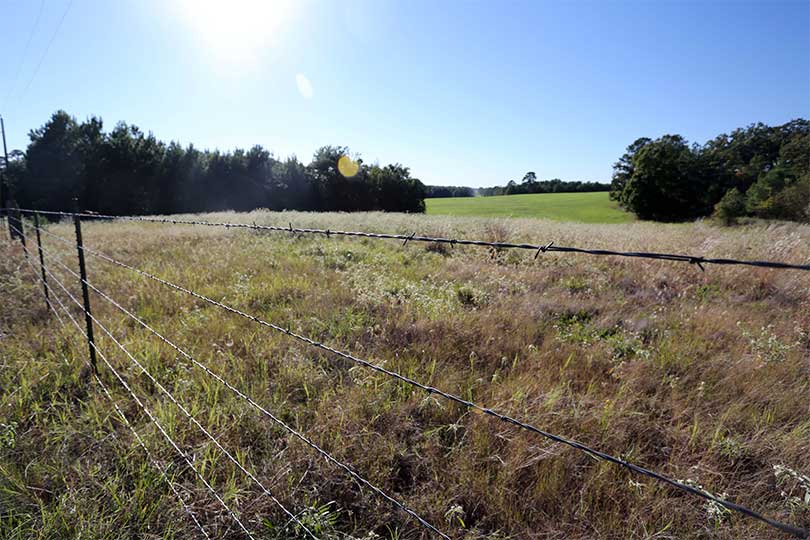By Jessica Domel
Multimedia Reporter
It’s time to pull out the receipt box, find the files on your computer and do whatever it takes to prepare your farm or ranch for what may be the least anticipated season of the year—tax season.
While tax deductions and income vary by situation, there are several things most farmers and ranchers should consider this time of year.
“Crop insurance proceeds will need to be reported, but they can elect to defer that to the following year if they feel like their tax rate might be lower next year,” Certified Public Accountant Kraig Fields, a shareholder at Jaynes, Reitmeier, Boyd and Therrell, P.C. in Waco, said. “Under the new law, that is quite possible. They may be in a lower tax bracket in the coming years. So, they may want to make that election to defer the proceeds to next year for reporting.”
Section 179 expensing is still available for this year. That’s a limited write-off in the first year of equipment purchases, livestock purchases and new fencing.
“They will still have the ability to take the fuel tax credit on the excise tax paid on diesel if used in the farming operation. Red-dyed diesel will not qualify,” Fields said. “They will still have to break down their sales between the items that were bought for re-sell and sold, stocker program if you will. It’s reported differently than raised livestock that is sold. Breeding stock is broken down separately and reported on a different form. It’s on Form 4797.”
Some Texans may be eligible to defer the tax on livestock sold due to weather-related events until next year.
As a CPA, Fields said he doesn’t need to see every gas station receipt, but it is important that farmers and ranchers have the paperwork ready when working with a tax professional or preparing his/her own taxes.
“On the crop insurance stuff, they’ll get a form issued on the proceeds they received,” Fields said. “As they’re gathering their information, they’ll want to summarize their expenses by category: feed, repairs and maintenance, fuel expense, insurance expense, etc. They’ll want to keep that separate and apart from any of the equipment purchases that they had and/or trade-ins. They’ll need the paperwork from the purchaser if they traded in an old tractor for a new tractor, etc.”
If a vehicle is used exclusively for ranching, expenses associated with it can be saved in a repairs and maintenance category for the farm. If a vehicle is used for work and personal business, the expenses will need to be kept separately to determine the appropriate business-use percentage of expenses.
If filing for an extension, the extra time is granted to get paperwork together and file, not on the payment.
“If you’re not at least 90 percent paid in as of April 15, even though you extend the return, there could be a late payment and all the interest it runs on the balance still due when you file your return,” he said.
Fields said some may choose to do their own taxes, while others may end up needing a professional tax preparation service.
“If all they have is a W-2, are renting their home and will typically not itemize, those certainly probably could prepare their own returns and do it online,” Fields said. “You just want to make sure that they’re picking up all their dependency exemptions that they’re qualified for and getting the credits that might come along with those children that are under the age of 17.”
The Internal Revenue Service is currently accepting tax returns. This year’s tax deadline is April 17.
Hear more from Fields on the Texas Farm Bureau Radio Network.

